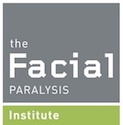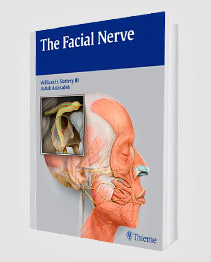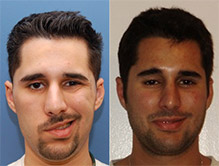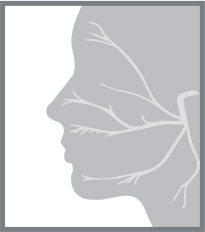Etiology of Facial Nerve Disorders
Facial nerve disorders present with a variety of different functional and aesthetic problems such as facial nerve paralysis, synkinesis, and hemifacial spasm.
There are numerous causes of facial nerve paralysis (see table 1). The most common causes include Bell’s palsy, acoustic neuroma, trauma and parotid cancer. In this section you can click on each of the etiologies that you are interested in and get more information.
| Bell’s Palsy |
|
|
|---|---|---|
| Trauma |
|
|
| Tumor |
|
|
| Metabolic |
|
|
| Neurologic |
|
|
| Melkersson-Rosenthal Syndrome |
|
|
| Toxic |
|
|
| Congenital |
|
|
NERVE INJURY
What Causes Facial Paralysis?
Common facial paralysis causes include:
- Bell’s Palsy: Bell’s palsy is one of the leading half face paralysis causes. It results in inflammation of the facial nerve, leading to facial drooping and weakness on one side of the face.
- Stroke: A stroke can damage brain nerves used to control facial muscle movement.
- Head or Neck Tumor: A head or neck tumor sometimes hampers facial muscle movement.
- Facial Injury: An injury that impacts the face or a skull fracture can negatively affect the facial nerve and hinder a person’s ability to produce facial expressions.
- Middle Ear Infection: In some instances, a middle ear infection and facial paralysis are interrelated.
- Lyme Disease: Research indicates that a small percentage of Lyme disease patients experience weakness on one or both sides of the face.
- Ramsay Hunt Syndrome: Ramsay Hunt syndrome is typically characterized by facial paralysis and an ear or mouth rash.
- Autoimmune Diseases: Facial paralysis has been linked to multiple sclerosis, Guillain-Barré syndrome, and other autoimmune conditions
For people who are dealing with any of the aforementioned facial droop causes and experience facial paralysis, it is important to seek out medical support. In doing so, an individual can identify the root cause of facial paralysis symptoms and treat them appropriately.
Which Skin Infection Would Cause Facial Paralysis?
An infection that affects the facial nerve can sometimes lead to facial paralysis. Facial nerve damage can hamper a person’s ability to move the facial muscles. The result: an individual who suffers facial nerve damage can experience facial drooping that lingers for an extended period of time.
People who have been dealing with facial paralysis that persists for several months should consult with Dr. Babak Azizzadeh, a Harvard-trained and globally recognized facial plastic and reconstructive surgeon. Dr. Azizzadeh can help a patient determine if a skin infection is causing facial paralysis. Then, Dr. Azizzadeh can work with this individual to find a safe, effective way to correct facial paralysis symptoms.
Schedule a Facial Paralysis Treatment Consultation at the Facial Paralysis Institute
Dr. Azizzadeh understands facial paralysis causes and helps patients treat a wide range of facial paralysis symptoms. To learn more or to schedule a facial paralysis treatment consultation with Dr. Azizzadeh, please contact The Facial Paralysis Institute online or call us at (310) 657-2203.
Request your consultation with Dr. Azizzadeh today
Call us at (310) 657-2203 to schedule an appointment.
Schedule a Consultation




